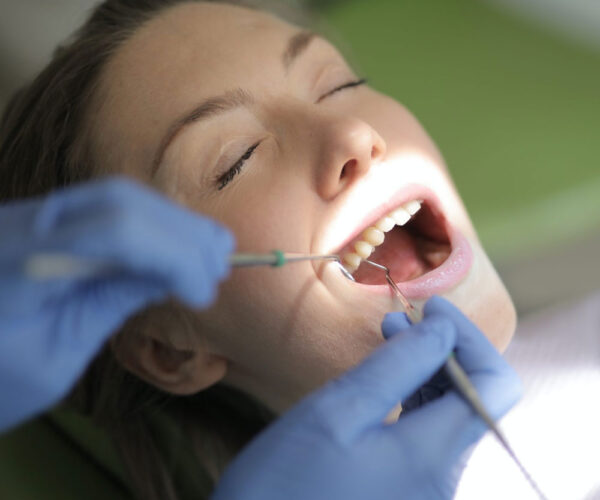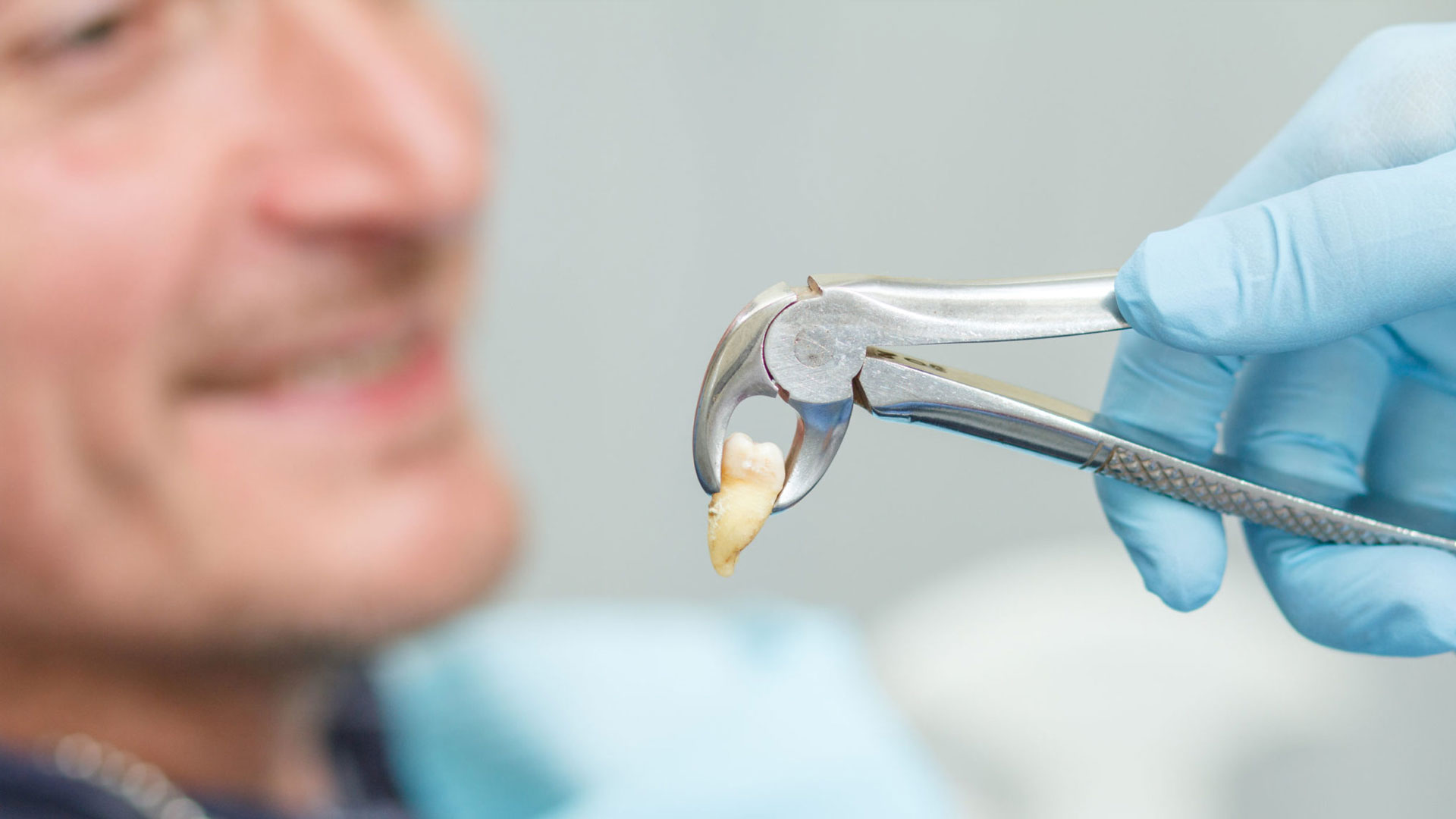Wisdom teeth, otherwise known as third molars, are the last set of teeth to develop. Sometimes these teeth emerge from the gum line and the jaw is large enough to allow room for them, but most of the time, this is not the case. More often, one or more of these third molars fails to emerge in proper alignment or fails to fully emerge through the gum line and becomes entrapped or “impacted” between the jawbone and the gum tissue.
Impacted wisdom teeth can result in swelling, pain, and infection of the gum tissue surrounding the wisdom teeth.
In addition, impacted wisdom teeth can cause permanent damage to nearby teeth, gums, and bone and can sometimes lead to the formation of cysts or tumors that can destroy sections of the jaw. Therefore, dentists recommend people with impacted wisdom teeth have them surgically removed.


Most popular and trending Dental Extraction Questions?
While you’ll be able to return to routine activities within 48 to 72 hours, it usually takes the jawbone several weeks to heal completely. Therefore, if you’re planning on replacing the tooth with a dental implant, you’ll probably need to wait a few months to allow for full recovery.
Not necessarily. While the extraction may hurt if you are under the effects of nitrous oxide, you should not be in excruciating pain. For more serious extractions, you will need stronger painkillers such as oral sedatives or anesthesia. These two options should eliminate most, if not all, of your pain.Mar 23, 2022
When can I have something to eat? About an hour after surgery, you may remove the gauze sponges that have been placed in your mouth and have something to eat. Be sure to eat foods that are soft for the first 24 hours after surgery. Avoid hot foods and drinks for several hours after surgery.
